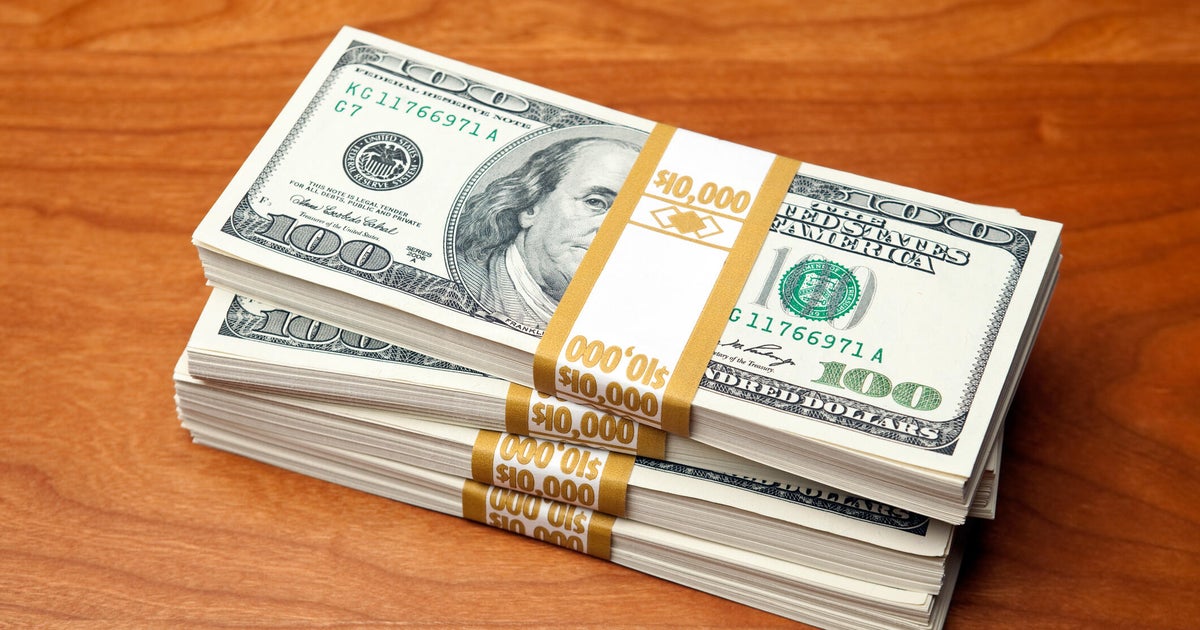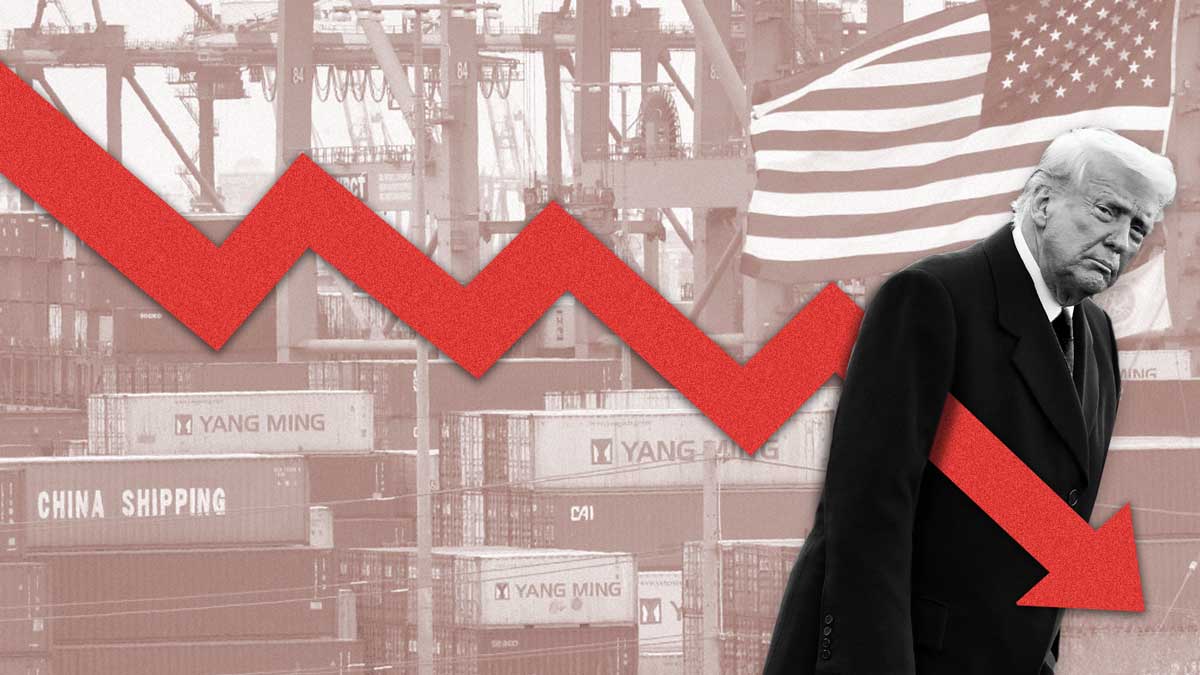Is a CD safe?
Given all the uncertainty today around the economy, interest rates and the risk of recession, you may be looking for some added security when it comes to your money.
Luckily, there are plenty of options for keeping your money safe — including certificates of deposit (CDs). A CD is a type of account in which you deposit a sum of money for a given amount of time in exchange for a certain amount of interest. During that period, you can't access your money (without taking on a penalty) but you are guaranteed the interest in full at the end of the CD term.
With today's high interest rates, CDs can even earn upwards of a 5% annual percentage yield (APY) depending on the bank and term you choose. But CDs aren't just lucrative — they're incredibly secure, too. Here's what to know about how you can keep your money safe in a CD right now.
Compare today's top CD rates now.
Is a CD safe?
Here are a few reasons why CDs are among the most secure places to keep your money.
FDIC insurance
When you open a CD, make sure the bank you use is insured by the Federal Deposit Insurance Corporation. This is the insurance that guarantees your money against bank failures like those earlier this year following the Silicon Valley Bank collapse.
FDIC insurance protects the money you keep in eligible deposit accounts, including CDs as well as savings accounts and checking accounts. The insurance covers up to $250,000 per depositor, per bank and per account type. If you have more than that amount to save, for example, you could put up to $250,000 in a CD with one bank and $250,000 in a CD at another bank and still be protected (as long as they're not in the same account type at the same bank).
Start exploring CD terms and the best rates available today.
Fixed interest rates
Because CDs carry fixed interest rates that remain the same over the entire account term, you're pretty much guaranteed a return that you can calculate upfront.
For example, say you open a 12-month CD today with an $8,000 deposit and a 5% APY. When the CD matures in a year's time, you'll not only have your initial deposit, but you'll also have earned $400 in interest, for a total of $8,400.
Of course, there are ways to lose that return. If you take your money out of the account before the end of the term, you not only lose out on the interest you would have earned in the future but you may also be charged a withdrawal penalty. These penalties are typically a percentage of the interest earned.
No market volatility
Compared to money you invest for long-term goals like retirement, CDs are relatively stable.
The stock market offers the opportunity to grow your investments by a large margin over time — in exchange for volatile swings both up and down. But CDs are much more secure because the interest rate you agree to upfront is the rate you'll earn when the term is up.
There may be fluctuations for long-term investors. For example, say you opened a five-year CD in 2018 that's now ending and you decide to roll it over into a new CD today. You'll probably find the interest rates are very different since the Fed's federal funds target range ran between just 1.50% to 2.50% that year. But that difference is much less stark than day-to-day volatility in some other markets — and why CDs can be better for savings goals with specific timelines that you can use the CD term to meet.
The bottom line
If you're looking for a safe place to keep your money in 2023, a CD is one of the best options out there. CDs earn a fixed interest rate over a fixed amount of time, so you know exactly how much money you can expect when you open the account. And without any exposure to risky markets — as well as FDIC insurance protections — you can rest assured your money is secure while interest accrues.
Learn more about the best CD rates you can qualify for right now.




